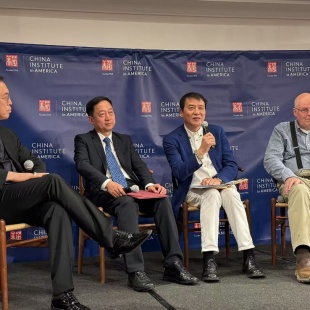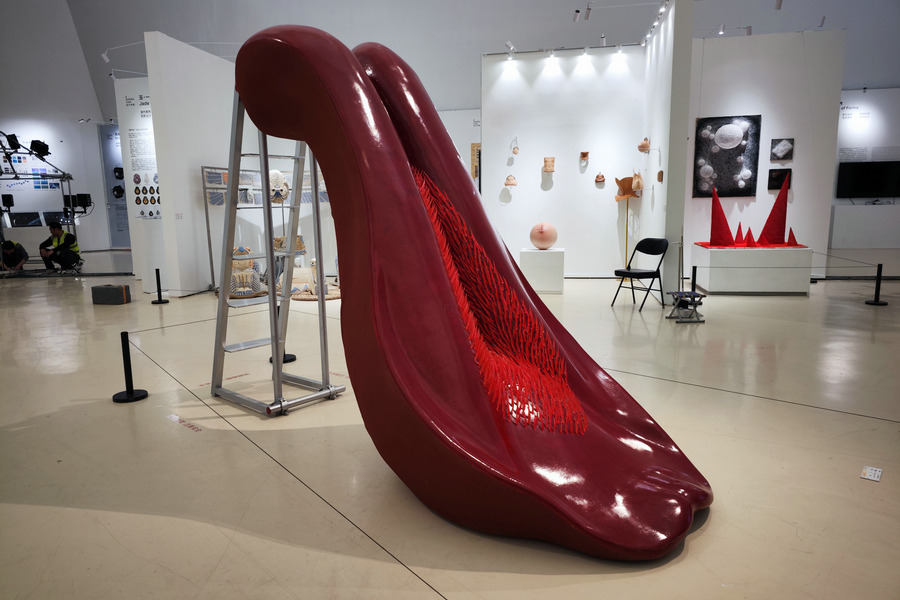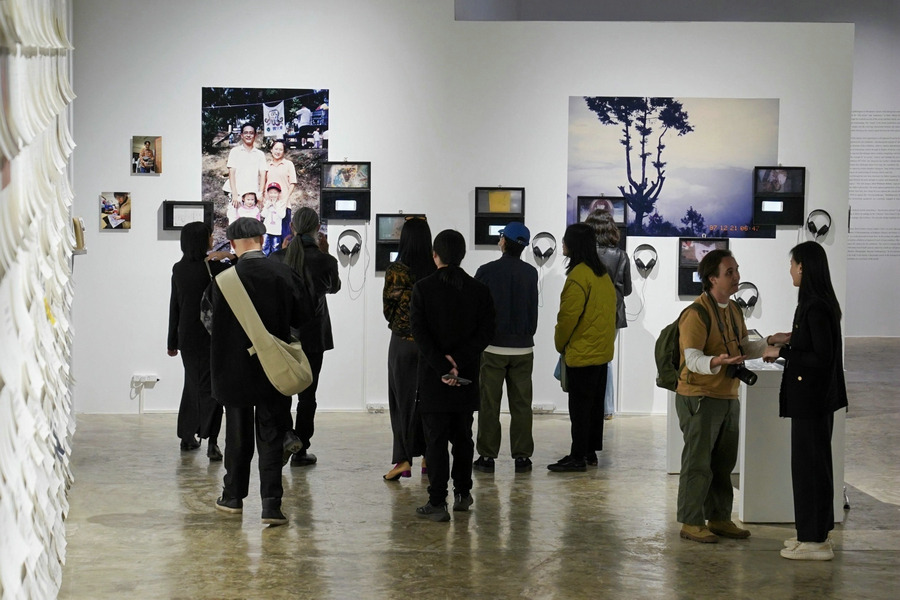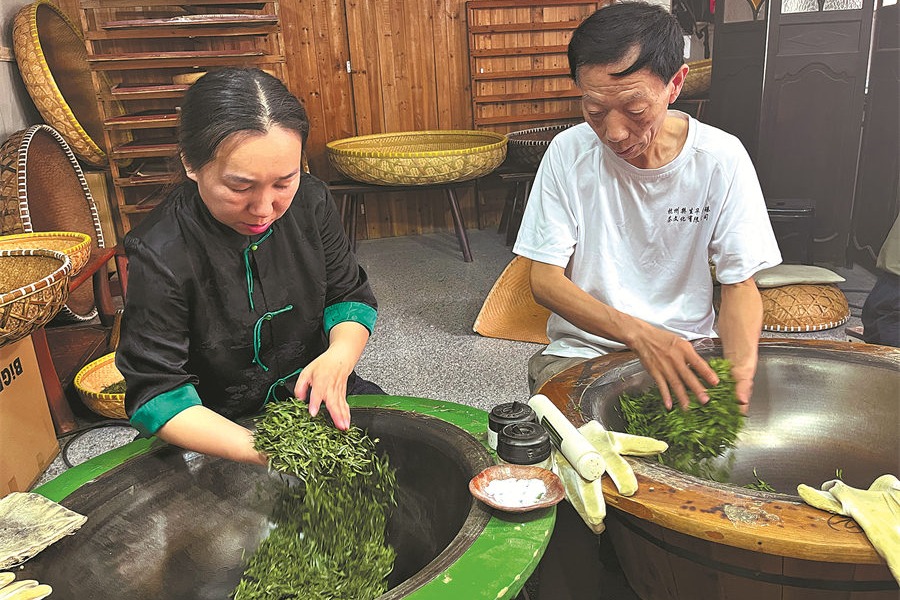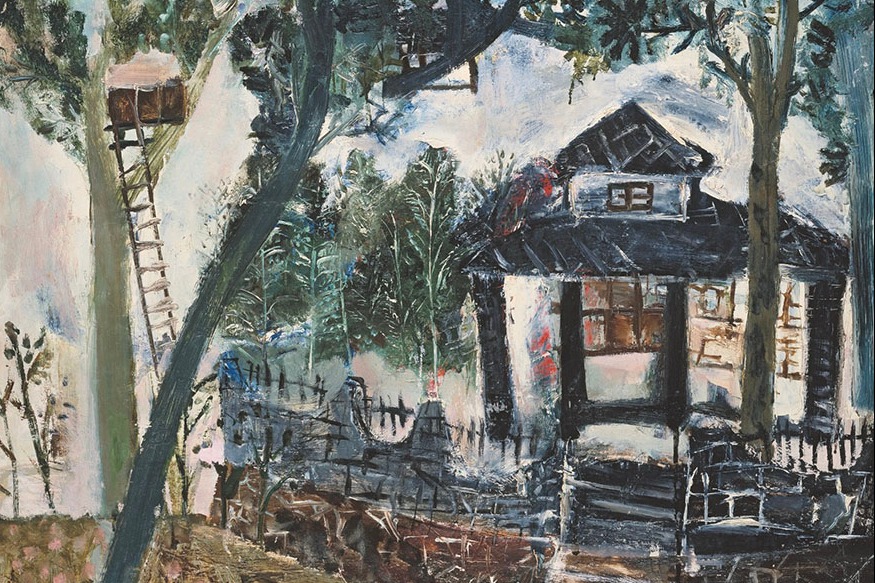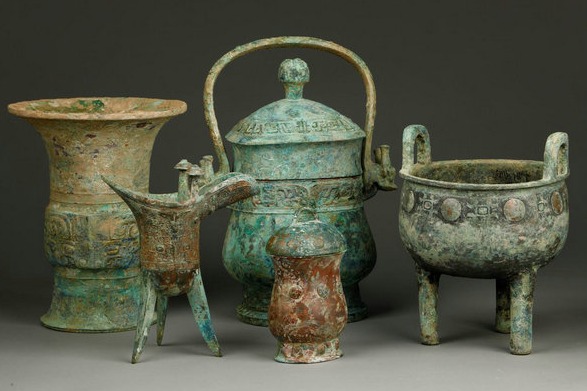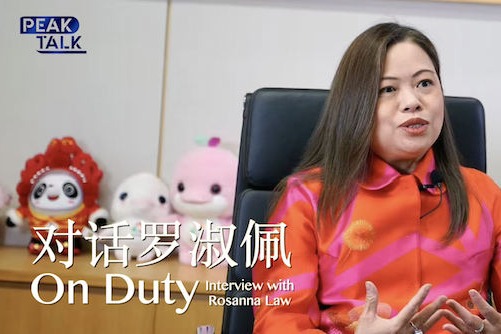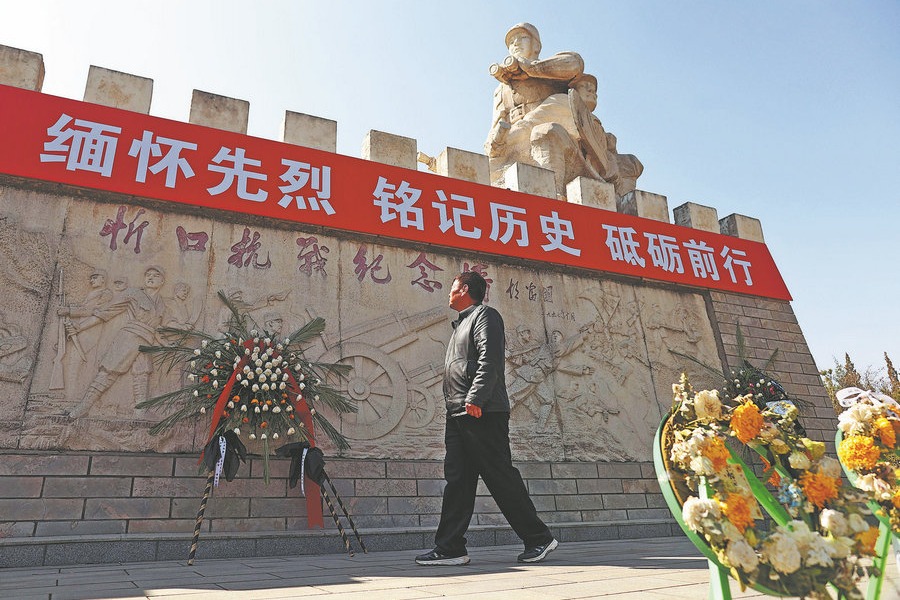US-China Music Institute celebrates 7th annual conference with music and discussion

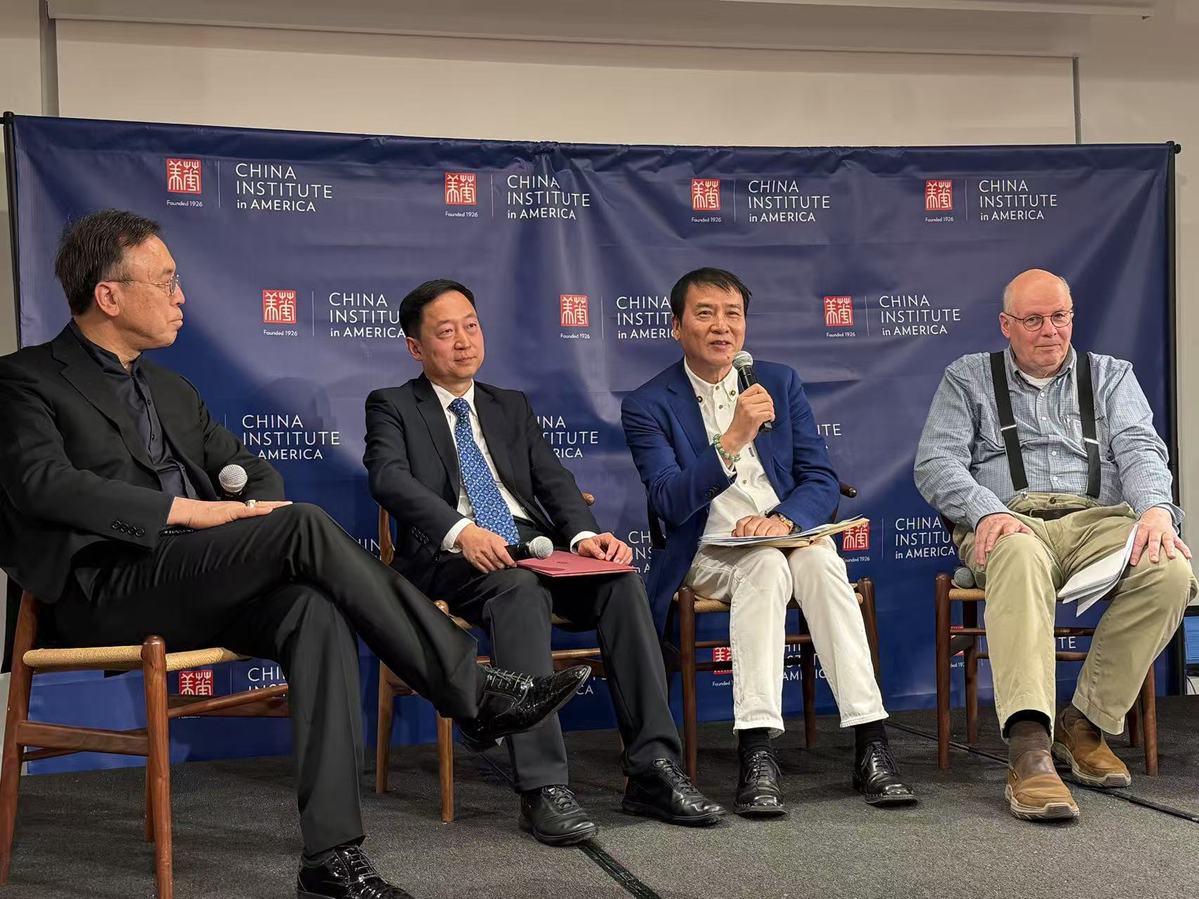
The US-China Music Institute (USCMI) opened its seventh annual conference in Manhattan on Thursday, with a colorful array of culture, Chinese art, discussions and an exploration of the rich tapestry of Chinese musical heritage and its resonance in the West.
The three-day event was held at the 100-year-old China Institute in America, located in Lower Manhattan, an organization that has strived to illuminate Chinese culture in the US.
Over the next few days, the conference will feature a host of activities. Several attendees expressed their hope that the event would also help foster better people-to-people relations between the US and China, amid tense political rhetoric on trade.
Jindong Cai, director of US-China Music Institute and professor of music and arts at Bard College told China Daily, "If we all remember in 1973, when the US and China started to reconnect after the Second World War, the first thing America did was send the Philadelphia Orchestra to China to perform for Chinese people.
"And that really is the story for me on how I became a musician. So, then I came to America, I studied here and made a living here. Now I feel like we should do the same, especially when the political and economic situation is getting obstacles, music will be the best way to connect people."
On May 1, the renowned conductor led a panel of international musical experts, moderated by his wife, author and China cultural expert Sheila Melvin on music leadership, academic research and learning about Chinese-instruments.
"I think [music] is one of the only remaining vehicles for showing how we can bring harmony [between the US and China]. It really can transcend language barriers and transcend cultural barriers in a way that lots of the other art forms can't. It's vital to have much more musical cultural exchange right now," Melvin shared.
Other guests on the panel included Frank Kouwenhoven, director of Chinese Music Europe, Li Zhong, vice-chairman of University Council, Central Conservatory of Music China, and Ye Xiaogang, dean of School of Music, Chinese University of Hong Kong (Shenzhen) and chairman of the China Musicians Association.
Kouwenhoven, a music researcher from Leiden, Netherlands, has studied Chinese traditional music from 1986. A lecturer at the University of Leiden, he has written extensively on Chinese folk songs based on his fieldwork in China 40 years ago. In addition, he also arranges concerts worldwide.
Kouwenhoven told China Daily that he found the response to Chinese music in Europe to be "generally positive", adding that what makes it different to Western music is "the instruments, voices and the use of vocal cords which is totally different."
The event also featured talented students who played traditional Chinese instruments showcasing how vast the range of sound can be. Many members of the panel expressed their hope that Chinese music would soon reach more people globally.
"Central Conservatory of Music China has been really trying hard to promote Chinese music in the west," Li said. "Chinese music has developed very quickly and broadly not only the traditional music, but also the contemporary music. As Artificial Intelligence kicks in this will be a very important way to promote Chinese music in the west."
Meanwhile, Ye, the renowned composer told China Daily, "At this critical moment, I think it's very important for music and communication as it can help us to understand each other. He added that the event "is very good for cultural exchange. It's very important."
The event culminated in a spectacular concert with the Bard East/West Ensemble featuring the mixed faculty and students of the US-China Music Institute.
Cai explains that the ensemble is made up of 14 musicians that use seven Chinese instruments and seven Western instruments. They plan to tour China in 2025.
Bringing together original music, the group fuses Chinese and Western sounds. It is a true demonstration of his life's work and career as he advocates for the development of Chinese music in the West.
"We play with this combination of different nationalities and instruments and people love it," Cai added.
The concert illustrated this fusion of sound, and showcased Chinese instruments such as the Erhu, Pipa and Western violin to the delight of the packed audience.
The musicians performed Springs in the forest for guzheng composed by Ye Xiaogang. It had a wonderful, delicate sound played on the Guzheng, similar to running water, soothing and calm.
Also played was Hundreds of Birds Paying Homage to the Phoenix for suona and orchestra, then King Chu Doffs His Armor for pipa and ensemble, by Zhou Long.
Don Frantz, an audience member who works in the theater business said of the music, "I'm in love with it! It's an entirely different sound. I mean, it's complex, it's terrific."
The concert ended with Silk Road by Jiang Ying, which literally sounded like the delicate material, light, airy, evoking a twisting, winding magical sound. Changing tempo, it became upbeat and dizzying with sounds that slid around the room.
"It was lovely!" Jeffrey Stock, a Broadway composer for 40 years told China Daily. "I happen to have studied in China quite a bit and spent a lot of time there and I'm very interested in the music, especially this kind of cross-cultural conversation that they're having. It's an incredible sound. It's totally unique, palette, instruments."


